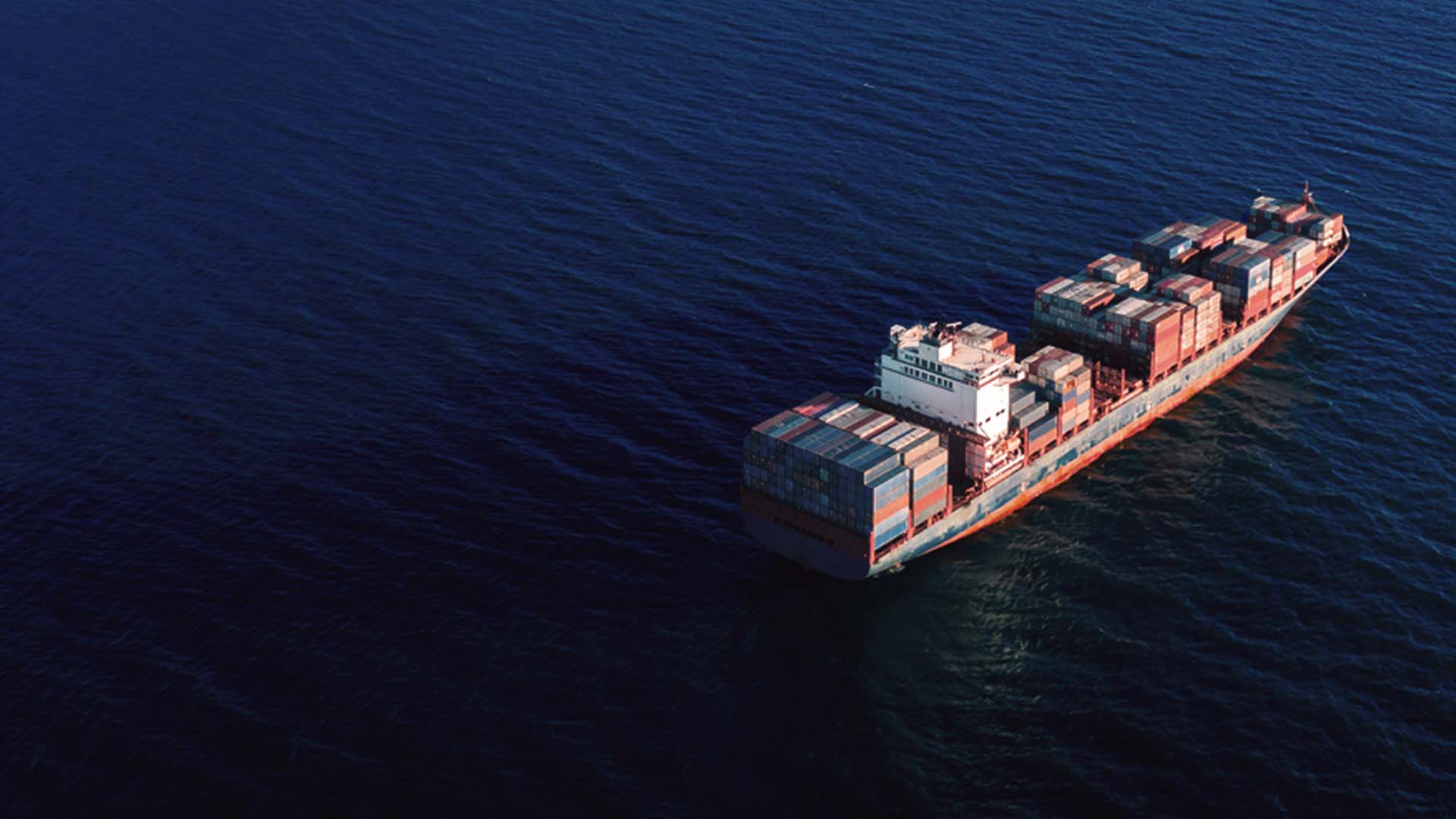Business leaders across the globe are dealing with disruptions and uncertainty brought on by geopolitical tensions that few of them have experienced before. And despite being thousands of kilometres away from this year’s biggest disruptor – the Russian invasion of Ukraine – South African companies have not escaped this uncertainty.
The war in Europe comes on the back of the Covid-19 pandemic, deadly unrest, natural disasters, continued Eskom load-shedding and the country’s lacklustre growth over the past decade. Amid all these challenges, South African business executives need to be even more nimble and resilient than ever before.
However, these challenges also bring with them opportunities for businesses able to take advantage of the disruption of traditional trade routes and partners. The business buzzwords in 2022 are undoubtedly ‘adaptation’ and ‘flexibility’.
Not all doom and gloom
It’s easy to get caught up in the negativity around a global economy buffeted by rising inflation and the growing threat of a recession, but there is cause for optimism. It’s clear that the world order has shifted in significant ways over the past two and a half years, but not necessarily for the worse.
Take, for instance, the clear shift towards a more accommodating attitude towards work-life balance brought on by the pandemic. Aside from the greater acceptance of remote workforces, there is also evidence that deeper empathy has taken hold.
This is explored in a report by the Brookings Institution, How Covid-19 changed the world*, in which the term ‘recoupling dashboard’ is introduced. The research indicates that when people have a secure sense of social belonging, are empowered to influence their fate through their own efforts, are materially well-off and live within planetary boundaries, a groundwork for satisfying their fundamental needs and purposes is established.
The research institute says the recoupling dashboard breaks new ground in being the first measure of social progress based entirely on a few major ethical foundations.
This is an important shift that has happened, somewhat ironically, in concert with accelerated adoption of digital services ranging from online meetings and grocery delivery services to telemedicine and fintech. It is also an important development as so many types of employment become ‘gig work’ around the globe.
These shifts have resulted in several positive outcomes for individuals and companies in the wake of the pandemic’s widespread upheaval of lives and industry sectors. Many of these disruptions are still being felt – to name one example, efforts to curb the spread of Covid-19 has had a lasting impact on the global shortage of semiconductors. It’s only natural that companies have looked to bolster their supply chains to overcome weak links that could further delay their recovery to pre-pandemic levels.
War in Ukraine
Hopes of that recovery were dealt a cruel blow for many early in 2022, when the Russian invasion of Ukraine cast further doubt over the future of the global economy. In quick succession oil, energy and food prices skyrocketed following the new threat to global trade and stability.
There are growing fears that the world economy may be entering another period of global stagflation
The extent of this impact was summed up in a recent Forbes* magazine article, If the pandemic crippled the global supply chain, the war in Ukraine knocked it to its knees. As noted in the article, nearly 600,000 businesses worldwide rely on Russian and Ukraine suppliers. Disruptions on this scale are unprecedented, leaving business leaders seeking alternative suppliers for everything, including auto parts, oil, and grain. The inevitable outcome has been rising prices that have stoked inflation, leading central banks to put on the brakes through tighter monetary policies.
This has become the newest and biggest threat to local and global businesses, with a recession looking more likely.
Released in April 2022, the IMF World Economic Outlook report* stated that ‘…economic damage from the conflict will contribute to a significant slowdown in global growth in 2022 and add to inflation. Fuel and food prices have increased rapidly, hitting vulnerable populations in low-income countries hardest’.
The bad news is that inflation is likely to be persistent, increasing the risk that central banks could overtighten monetary policies, tipping the world economy into recession. There are growing fears that the world economy may be entering another period of global stagflation similar to that of the 1970s and early 1980s.
Rebalancing the world trade order
The full extent of the invasion of Ukraine has yet to play out, but the sanctions against Russia as well as trade disruptions hampering exports of Ukrainian produce are expected to have wide-ranging and possibly lasting implications.
One of the most significant impacts has been to throttle globalisation in favour of localisation, as countries and companies try to avert continued disruption to supply chains and cross-border trade. It will take some time for this reorganisation to settle into discernible patterns, but it’s expected that business leaders can expect severe economic repercussions and potentially a reduction in global welfare in low-income regions.
4 significant imbalances
- Given that Covid-19 restrictions impact services more than goods, consumers all over the world switched a much greater share of their income towards spending on goods. Demand for goods, which also consume far more commodities than services, surged over 2021. This overwhelmed production capacity in the global mining and manufacturing sectors, already bogged down by decades of underinvestment. As a result, prices of most commodities and other goods started to accelerate, driving producer inflation sharply higher throughout last year.
- The global labour force switched to remote working practices, resulting in a surge in demand for digital equipment and network systems, creating acute shortages in semiconductors and other electronic and computing equipment.
- Sporadic Covid-19 outbreaks and lockdowns in different parts of the world clogged up global supply chains, affecting the storage, distribution, and transportation of goods around the globe. Companies struggling to secure stocks and facing long delays in deliveries started to double up on orders – switching from just-in-time inventory management to just-in-case.
- The pandemic also encouraged many workers to re-examine their priorities, resulting in significant labour shortages in many countries, ranging from truck drivers to administrative vacancies at warehouses, major ports, and airports. These shortages aggravated delays even further, limiting output and production and driving up wages, which added even more pressure to producer and consumer inflation.
The upshot for South African business leaders is that they must navigate even more disruptions and shocks. Most crucially, they’re finding it more difficult to plan for the future, which can be truly debilitating in the face of vanishing sales and revenue.
Add to this the impact of fractured supply chains that make it harder to get stock and a spike in freight costs, and it’s easy to see that profit margins are under severe pressure. It is clear from local and global economic indicators that we are not close to being out of the woods and that a prolonged period of uncertainty and economic hardship should be expected.
That said, the threats to the local economy are anything but uniform. In fact, nimble businesses in certain sectors could profit from the global chaos. One opportunity that beckons producers is to supply more cost-effective alternatives to imported goods, or to find alternative sources. In a similar vein, local producers of commodities that are in short supply, like wheat and coal, could fill the gap left by Russian sanctions and the blockade of Ukrainian exports.
How SA companies should be responding
Navigating these challenges and opportunities will be far from easy for local businesses, especially given the constraints of a lacklustre economy. One avenue that some developed nations have followed, but is less certain to be successful locally, is to turn to the state to spur growth through investments in infrastructure.
Despite global uncertainty, our team is witnessing trade and transaction volumes that demonstrate an appetite for deals
In the absence of a state-led recovery, partnerships with the private sector to unlock new economic and trade opportunities could pave the way to success. This might be difficult to envision, given government’s historical reticence to promote public-private partnerships at greater scale. However, government is painfully aware that reversing the country’s socioeconomic trajectory requires greater co-operation with the private sector and policy reforms.
One opportunity that deserves further exploration is to see what can be done to increase trade with African counterparts. In the context of the supply chain disruptions of the past 2 years, intra-African trade in commodities presents a real opportunity that will benefit all. Africa is just one avenue to explore – businesses can source new suppliers and new markets all over the world, provided they can manage the logistics despite any disruptions.
Expanding trade and operations across borders is challenging at the best of times. In times of heightened economic uncertainty and rising costs, these challenges can become significant barriers to expansion.
For this reason, South African firms looking to profit from these changes to the world are increasingly dependent on experienced and knowledgeable financial partners. This is especially true when they’re dependent on working capital, hedging instruments and foreign exchange strategies to support their growth.
Nedbank has long been a partner of choice for companies needing specialised finance and trade facilities. Despite global uncertainty, our team is witnessing trade and transaction volumes that demonstrate an appetite for deals and credit supporting their expansion plans.
Our status as a preferred finance partner for businesses exploring African trade opportunities is enhanced by our affiliation with Ecobank, which gives clients access to 36 countries across the continent. Our expertise is not limited to the African continent, of course. We can help you with solutions that give you access to markets across the globe.
If your business needs expert trade finance support, speak to a Nedbank consultant today about our global trade products, supply chain finance and debtor finance.





